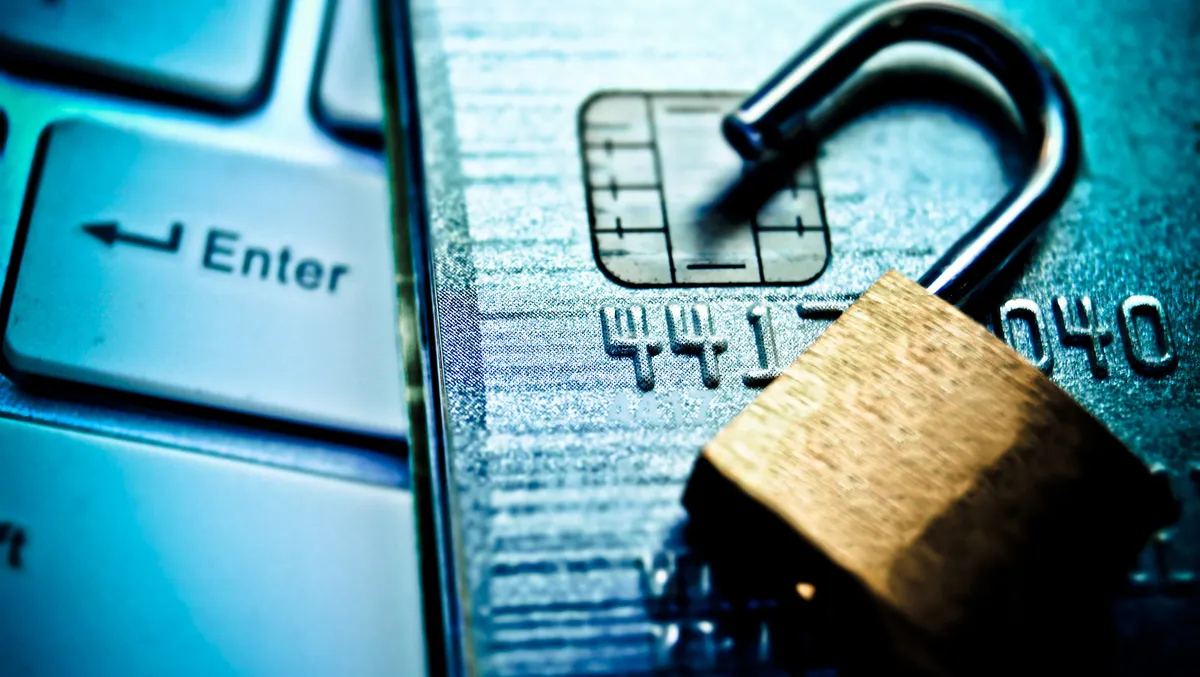
Global digital payments fraud thriving in 2023 – report
The COVID-19 pandemic catalysed a digital payments revolution, forever reshaping expectations. Today's consumers demand flexible, real-time payment options throughout their digital journeys. As banks, fintechs, retailers and other businesses modernise and add apps and offerings to keep pace, criminals cash in on weaknesses at every turn.
How are professional fraud fighters striking back? A payments fraud study by Javelin and analytics leader SAS explores the fraud climate in 12 countries and offers eight recommendations for curbing the deluge.
Global Digital Fraud Trends: Evaluating the Past, Present, and Future is the continuation of an October 2020 report by Javelin and SAS on the early pandemic's digital fraud escalation.
This next chapter examines the evolution of digital fraud trends and their impact on consumers and enterprises worldwide, and is based on 2022 market research on the global fraud landscape, Javelin's 2022 identity fraud survey, reflecting insights from 5,000 US consumers, and interviews with financial services leaders confronting evolving fraud attacks.
2023's digital economy presents fresh fraud trends with global impact
In the immediate wake of the COVID-19 pandemic, the digital economy exploded. For fraudsters, the sudden surge in digital transactions and payment modalities offered countless new fraud avenues. As anti-fraud pros grappled with how to adequately protect transactions, scammers largely focused on pandemic-themed schemes and socially engineered attacks.
But the landscape has changed. In 2023, the digital economy and the global scam economy, as coined by Javelin, are here to stay and they will evolve in parallel. Per the report, 2020's schemes du jour have been replaced by scams galore: romance scams, fake home-based employment opportunities and investment schemes popular among them.
Fraud diversified by region vexes local authorities and anti-fraud pros
Globally, threats are more or less identical, though certain fraud types have manifested and grown differently by region and nation, challenging local anti-fraud pros, law enforcement and governments accordingly.
Among the regional trends and national landmark issues revealed in the 12-country study and explored in the webinar series:
Africa: South Africa's new Rapid Payments Program will not only foster faster payments but formalise them, helping reduce cash-based crimes that have long plagued the country. Related payment modernisation is also expected to help the nation curb rampant cross-border money laundering and terrorist financing by accurately identifying senders and receivers.
Asia-Pacific: Per one Singaporean banker, the perpetrators are very polished, as robocalls, vishing and phishing impact globally-connected citizens who primarily bank on mobile phones. In response, financial firms in Singapore are enacting push notifications to account holders and daily transaction limits.
India's digital biometric ID system, Aadhaar, boasts 1.3 billion citizens enrolled (99% of Indian adults), serving as a global template for other countries, including Malaysia and Sri Lanka. In Australia, the digital identity validation offered by ConnectID and myGovID is steadily replacing traditional credentials.
China has seen explosive adoption of an alternative digital payments ecosystem delivered via social media giant WeChat, and QR codes dominate digital payments.
Europe: In the United Kingdom, open banking continues to drive digital innovation, and the Bank of England is considering a central bank digital currency. France marked permanent changes in consumers digital purchasing and payment habits, along with the introduction of a national identity program for smartphones.
Even as political and environmental strife challenged Italy's financial sector, more than 30 million citizens adopted its Public Digital Identity System.
Meanwhile, organised crime prompted a nationwide money mule awareness campaign by Europol.
North America: Embedded lending and Buy Now, Pay Later (BNPL) financing are growing worldwide, but particularly in theUnited States, where more than two-thirds of consumers report they are likely or very likely to tap BNPL again after first use.
Ballooning BNPL fraud haunts regulators, merchants and payment platforms. The Federal Reserve's FedNow instant payment service is poised to launch in mid-2023, promising safer payments and greater interoperability.
Canada's national identity program is helping create infrastructure for citizens to frictionlessly access government, financial and health care services. In Mexico, prepaid debit cards continue to boom, while advanced digital payment options fuel thriving eCommerce.
South America: Peer-to-peer (P2P) payment culture is flourishing in Brazil via its PIX system, and fintech investment for the unbanked has reached record highs. Still, prolific data breaches, scams and malware attacks threaten the enormous potential of the country's digital growth, demanding robust fraud and enterprise security safeguards.
Digitally inclusive fraud strategies light the way eight expert strategies
Among the report;s eight spotlight recommendations for combatting fraud in the digital age: multifactor authentication and account-based alerts should be considered essential, not nice-to-haves. Also paramount in the guidance is the consolidation of monitoring solutions on a single, powerful AI-driven platform.
"A carefully layered deployment of machine learning models, biometrics and contextual, supplementary tools can help financial service firms make faster, more accurate decisions that scale across all verticals," says Krista Tedder, Head of Payments at Javelin Strategy & Research.
"Solutions must be interwoven and underpinned by shared data streams to effectively combat the increasingly sophisticated tools and strategies we see being employed by criminals worldwide."
"US consumers alone lost $8.8 billion to scams last year a more than 30% jump from 2021 to 2022 according to the Federal Trade Commission," adds Stu Bradley, Senior Vice President of Fraud & Security Intelligence at SAS.
"Consumer trust in the expanding global digital payment ecosystem is an imperative and that trust is predicated on firms making effective use of advanced customer authentication and anti-fraud technologies, including AI, machine learning and biometrics, to detect and prevent fraud across channels."


